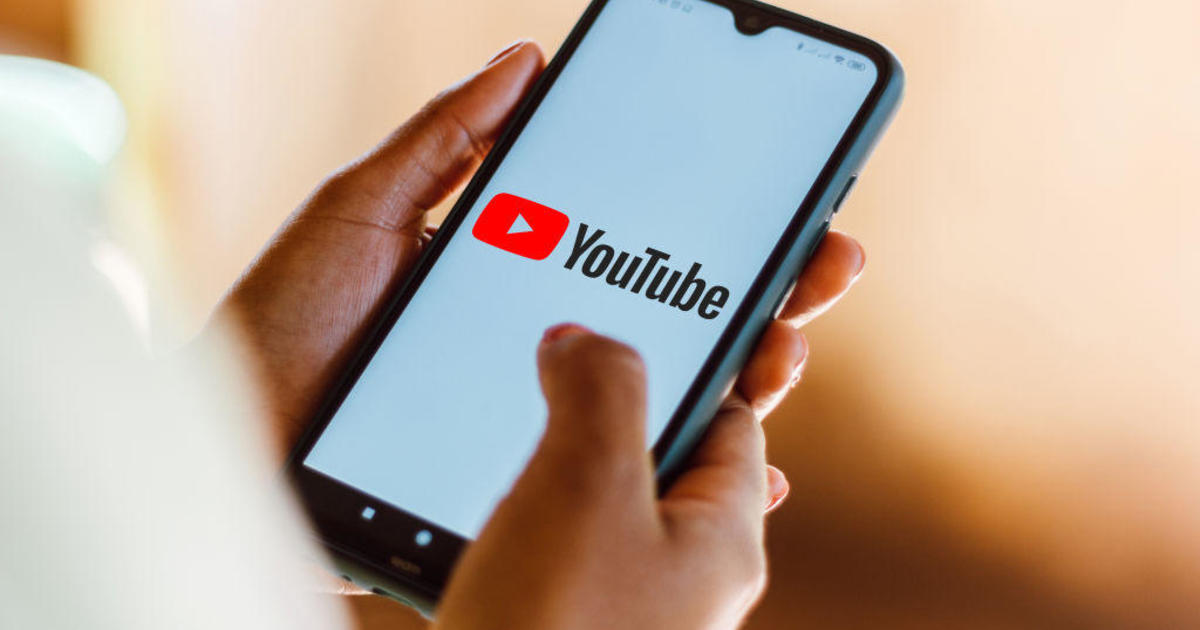YouTube announced Wednesday it would remove any new videos alleging widespread voter fraud or that errors changed the outcome of the 2020 presidential election. The move follows Tuesday’s deadline for states to certify their election results.
President Trump and his allies have repeatedly questioned the outcome of the 2020 election, trying with little success to challenge President-elect Joe Biden’s win through the courts. Last week, Attorney General William Barr said the Justice Department had not found evidence to support Mr. Trump’s claims.
YouTube said in a blog post that it has removed more than 8,000 channels and thousands of “harmful and misleading” videos about the election since September. Nearly 80% of the removed videos were taken down before they had 100 views, the company said, though it did not specify how many videos total it had reviewed.
The Google-owned video service said it is trying to find “a balance between allowing for a broad range of political speech and making sure our platform isn’t abused to incite real-world harm or broadly spread harmful misinformation.”
In a letter to YouTube CEO Susan Wojcicki last month, a group of Democratic senators called on the platform to “immediately remove” all videos containing misinformation about the election.
“These videos seek to undermine our democracy and cast doubt on the legitimacy of President-elect Biden’s incoming administration,” the letter said. “Moreover, because the current president has not committed to a peaceful transition of power, misinformation and manipulated media content on your platform may fuel civil unrest.”
YouTube has been slower than its rivals Facebook and Twitter to implement such a policy. Facebook and Twitter have monitored content related to the November 3 election and added labels warning of misinformation and limited the content’s reach. That video platform has also been blamed for contributing to political radicalization by pushing inflammatory or fake content recommended by YouTube’s algorithm.
Senator Josh Hawley, who has been critical of how social media companies and Google have policed content, called for the companies to be broken up.
“@Google owned @YouTube officially announcing free speech no longer allowed,” the Missouri Republican tweeted in response to YouTube’s announcement.
.@Google owned @YouTube officially announcing free speech no longer allowed. If you have concerns about election integrity, you must sit down and shut up. Repeal Section 230 and break these companies up https://t.co/EfBfCZHzv2
— Josh Hawley (@HawleyMO) December 9, 2020
